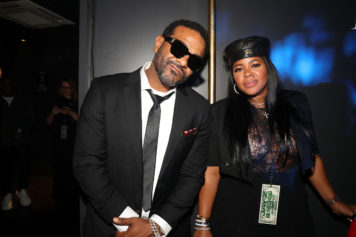You might call it your dream date, your soulmate, or, if you’re the pragmatic sort, you may call it your list of must-haves. Regardless of the framing, if you’re single-and-looking then you probably have an idea of the sort of romantic partner you’re after. And although some of the qualities you’re looking for are probably attractive to everyone (e.g., trustworthiness), you may also be after other personality traits that are attractive to some but not to others (e.g., sophistication). Ultimately, though, does it really matter? To what extent do we actually pick partners who resemble our “ideal partner” images?
In a recent series of studies, P.W. Eastwick and colleagues found that it depends on the context. Partner preferences (the list of must-haves and must-have-nots) were found to predict people’s dating choices when they read about potential dates (i.e., dating profiles), but not when they had real-life interactions with these potential dates. In other words, although ideal partner preferences mattered a lot when people were evaluating their potential dates on paper, those preferences were thrown out the window once people met their potential dates in person.
But it’s not that ideal partner preferences don’t make a difference down the road. Indeed, in Eastwick and colleagues’ third study, they found that people are happier with partners who live up to their romantic standards. So why do our decision making capabilities fail us so when it comes to making that crucial initial choice? The researchers believe that it is because of the emotional reaction that comes from first meeting a potential partner. On those first few dates when we’re getting to know someone, our rationality seems to get a bit overpowered by factors such as chemistry and attraction. As a result, instead of coldly evaluating the new love interest against our standards, we tend to see the person in the most favorable way possible.
Read more: Samantha Joel, PsychologyToday

